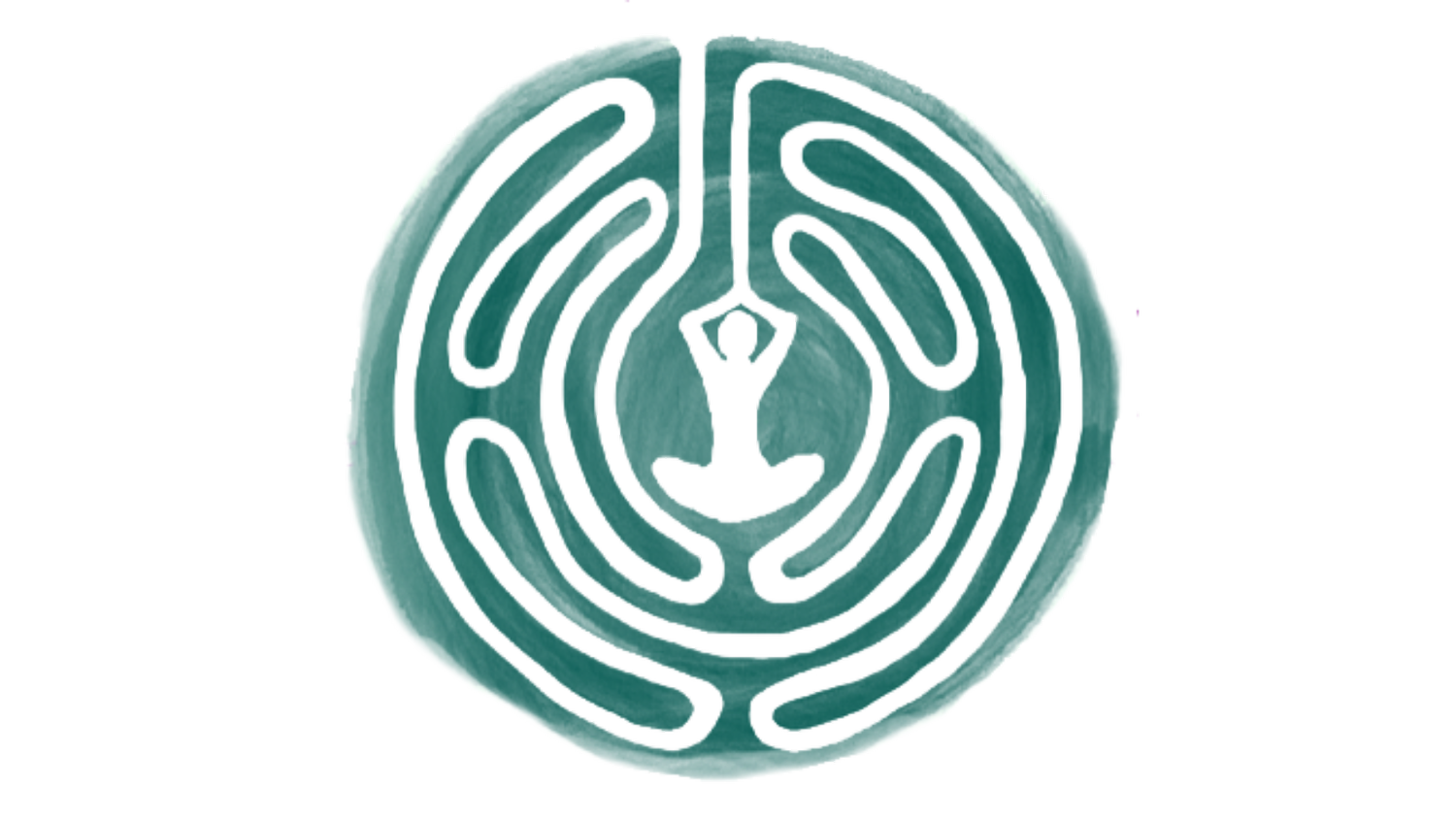Advent Faith and Festival
“There are depths in the human soul which ritual alone can reach” (rabbinical saying).
The Advent season is full of rituals. The Advent wreath and lighting of candles. The Christmas tree. House lights and ornaments. Shopping for gifts. Sending Christmas cards. Singing carols. Making special cookies and breads.
When we lose our taste for and grasp of the meaning of ritual, we are losing part of our soul. If we prefer not to engage in singing or decorating the home, is it because our inner depths have become numbed by short-lived promises and gestures that go nowhere?
It is not by means of ideas that we descend into the depths of the soul, but by gestures, singing, and the silences of the body-mind. How could we experience love without embracing or expressing our joy without laughter and singing? Advent is a season of preparation for a time of festival. Faith cannot live without festivity, because love and life are impossible without it.
A festival of faith is a convocation wherein a people gathers to commemorate the deeds of God. Jews, Muslims, Hindus—all have their festivals of faith. Faith cannot live without feasts, because faith is the heritage of a people and not simply the private affair of individuals. A feast day is a memory preserved.
Those who follow other paths understand the importance of ritual. If you have ever known the human and spiritual enrichment of sitting at a Jewish table at Passover, or bringing Ramadan to a close with Muslims at an id al-fitr festive meal, or celebrated the Feast of Lights with Hindus, you will not fail to engage in rituals this season that are dense with symbols of Christian faith. You will not miss an opportunity to share with others what the Christmas lights and gifts really point to for you. Ritual is a deeply human and universal language, and the name of the God revealed to us in the child Jesus is Love.
As we kneel before the crib scene and sing the carols and read the scripture passage and joyfully give thanks for the gift of God to us in Jesus, our eyes are opened to see that Baptist, Episcopalian/Anglican, Lutheran, Presbyterian, Methodist, Orthodox, Pentecostal, and Roman Catholic are all adjectives. The noun is Christian. And the noun is called the substantive in a sentence because that’s where the substance is. We all belong to Christ, and what we hold in common in him is much stronger and deeper than anything that still divides us.
For us Christians, the rituals of this season represent a wonderful opportunity for us to come together amongst ourselves to celebrate our common memory, our story, and to celebrate our faith through Evensong, children’s Bethlehem pageants, and performances of Handel’s Messiah.
Advent is a time for us to celebrate together the history of salvation as it has been revealed to us, and to return to our beginnings in order to commit ourselves once more to a joint adventure with God.
God of our fathers and mothers, of our history,
You call us together to glorify your name
and to celebrate our deliverance.
Grant that we may keep on singing
at the festival of your love.
For it is there that we shall meet him,
whom we proclaim until he comes,
Jesus Christ, who is our eternal joy.
- Fr. Thomas Ryan, CSP
Featured image by KaLisa Veer @kalisaveer via Unsplash.
